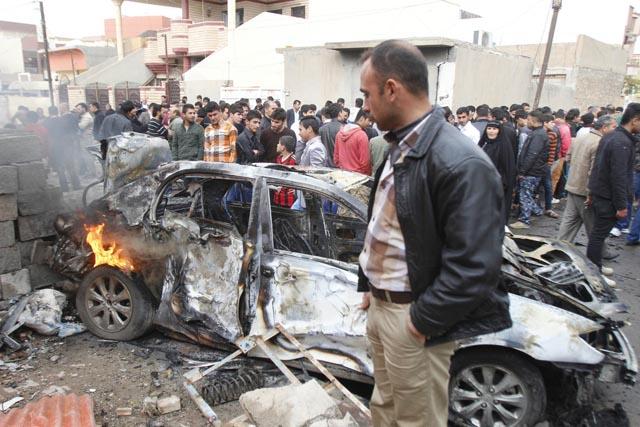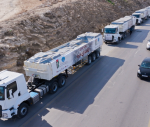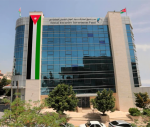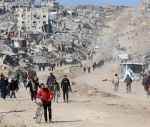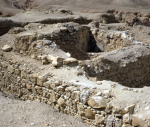BAGHDAD — Late night attacks in Sunni Arab areas north of Baghdad pushed the overall death toll from violence in Iraq a day earlier to 26, security and medical officials said Monday.
The protracted surge in nationwide unrest, coupled with a deadly standoff in Anbar province between security forces and anti-government fighters, has left more than 850 people dead so far this month.
Diplomats and foreign leaders have urged Iraq’s Shiite-led government to address long-term grievances in the disaffected Sunni community to undercut support for militants, but with elections due in April, Prime Minister Nouri Al Maliki has taken a hard line.
Violence in Anbar, as well as Baghdad and several areas north of the capital on Sunday left at least 26 people dead and dozens more wounded, officials said on Monday, updating previous tolls.
The deadliest of the violence struck in Abu Ghraib, a Sunni Arab town to the west of Baghdad, where eight people were killed in separate incidents — six soldiers were gunned down in a checkpoint attack, while a bombing on a busy road killed two people.
Gunmen in Baghdad killed four people in two different shootings, including a former Iraqi army general, while militants targeting local officials in Baqouba and Mosul, two of the country’s most violent cities, left three dead.
Three car bombs in the ethnically mixed city of Kirkuk killed four more people, and another car bomb in the town of Mishahda left three dead.
And in Fallujah, which has been out of government hands for several weeks, a mother and her three children were killed when a blast struck their home, a doctor said. It was unclear if heavy artillery or smaller rockets were responsible for the explosion.
The latest bloodshed pushed the overall death toll for the month above 850 — more than three times the toll for January 2013, according to an AFP tally.
It comes as security forces are locked in battles with militants, including those affiliated with Al Qaeda-linked Islamic State of Iraq and the Levant (ISIL), in Anbar, a mostly-Sunni desert region west of Baghdad that shares a border with Syria.
ISIL has been involved in the fighting, and witnesses and tribal leaders in Fallujah say the group has tightened its grip on the city in recent days, but other militant groups have also battled security forces and their tribal allies.
The standoff has forced more than 140,000 people to flee their homes, the UN refugee agency said, describing this as the worst displacement in Iraq since the 2006-08 sectarian conflict.


